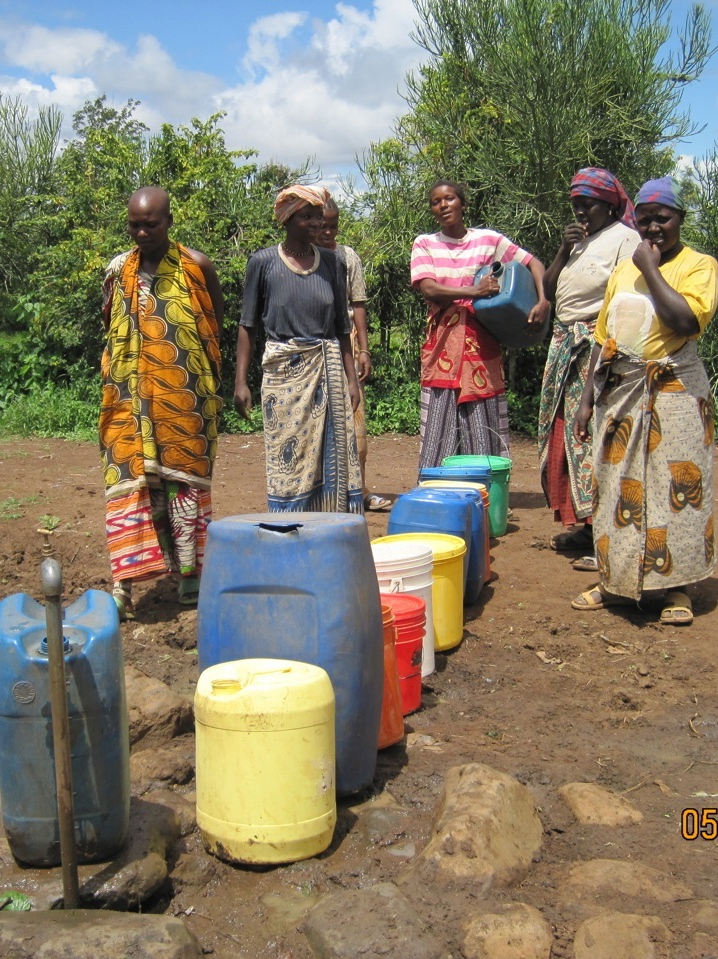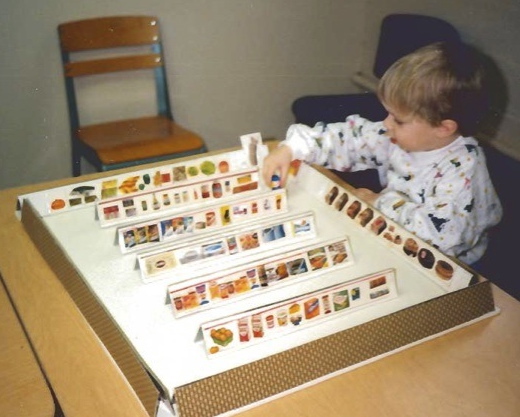

Projects
Water and Food Contamination Knowledge in Western and non-Western Settings
This research examines children's concept development regarding water and food contamination (with Heidi Beebe, Ph.D.) Selected papers:
Selected papers:
- Gauvain, M. & Beebe, H. (2012, July). Contamination sensitivity in rural Sub-Saharan Africa: Developmental, social, and cultural contributions. International Society for the Study of Behavioral Development, Edmonton, Alberta, Canada.
- Beebe, H., & Gauvain, M. (2013, April). Health knowledge differences between rural African adolescents and adults after formal secondary education is introduced. Society for Research in Child Development, Seattle, Washington.
- Gauvain, M. (2013). What can psychological context bring to safe water interventions? PATH: Controlling diarrheal disease Blog. http://www.defeatdd.org/blog/what-can-psychological-context-bring-safe-water-interventions
Social Contributions to the Development of Planning Skills
This research investigates how experiences with parents and peers contribute to the development of children's skill at planning and future-oriented thinking. Selected papers:
Selected papers:
- Gauvain, M., & Perez, S. M. (2008). Mother-child planning and child compliance. Child Development, 79, 761-775.
- Gauvain, M., & Perez, S. M. (2005). Parent-child participation in planning children's activities outside of school in European American and Latino families. Child Development, 76, 371-383.
- Gauvain, M., de la Ossa, J., & Hurtado, M. (2001). Parental guidance as children learn to use cultural tools: The case of pictorial plans. Cognitive Development, 16, 551-575.
- Gauvain, M., & Huard, R. D. (1999). Family interaction, parenting style and the development of planning: A longitudinal analysis using archival data. Journal of Family Psychology, 13, 1-18.
Sociocultural Change and Cognitive Development
This research is concerned with cultural change and focuses on how changes at the societal level and in children's cognitive development contribute to this process. Selected papers:
Selected papers:
- Gauvain, M., & Munroe, R. L. (2012). Cultural change, human activity, and cognitive development. Human Development, 55, 205-228.
- Gauvain, M., & Munroe, R. L. (2009). Contributions of societal modernity to cognitive development: A comparison of four cultures. Child Development, 80, 1628-1642.
- Gauvain, M. (2009). Social and cultural transitions in cognitive development: A cross-generational view. In A. J. Sameroff (Ed.), The transactional model of development: How children and contexts shape each other (pp. 163-182). Washington, DC: American Psychological Association.
Diversity in Pathways to Adulthood
Julienne PalbusaThis research examines young people's transition to adulthood, including their behavioral adjustment, psychological well-being, financial stress, relationship with their family, and educational progress.
Conference presentations:
- Palbusa, J. A., & Kaeochinda, K. F. (2013). Don't Your Parents Bother You? Examining the Quality of Communication among Chinese, Mexican, and European American Emerging Adults with Their Parents. Will be presented at the 6th Conference on Emerging Adulthood, Chicago, IL, October 2013.
- Palbusa, J. A., & Kaeochinda, K. F. (2013).The Role of Financial Stress, Residential Status, and Familial Support on Academic Achievement for Mexican, Chinese, and European American Youth. Poster presented at the Society for Research on Child Development, Seattle, WA, April 2013.
Preparing for and Adjusting to College
Julienne PalbusaThis research investigates first-generation college students' (students whose parents did not attend college) and non-first-generation college students' preparation for college. Additionally, this research explores college students' behavioral, social, psychological, and academic adjustment to college.
Development of Young Children in Military Families When One Parent is Deployed
Christina NicolaidesThis research investigates the development of young children, ages 4 to 7 years old, who are in a unique developmental context in relation to the transition to school, focusing on cognitive skills that are important for a successful transition to school, and family factors.
Intelligence and the Functional Organization of Knowledge
Z ReiszThis new line of research in the lab focuses on the relation between conventional measures of intelligence and the organization or structure of knowledge in young adults.
The Content and Organization of Knowledge, Learning, and Learning Transfer
Z ReiszOver the course of our lives we participate in a variety of learning experiences. To examine the organization of knowledge in relation to learning, this research examines whether the structure of knowledge affects individual learning as well as the transfer of learning to new problem solving contexts.

| Home | Projects | Collaborations | People | Information | Contact |
